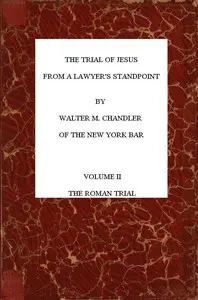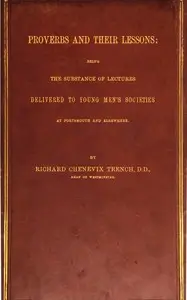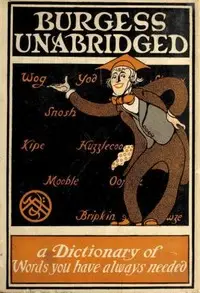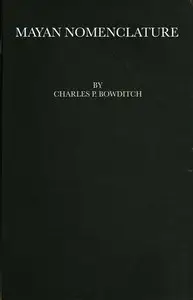"The Apologia and Florida of Apuleius of Madaura" by Apuleius is a captivating journey into the heart of Roman society and legal drama through the eyes of a philosopher accused of dark magic. The story's drama begins with accusations leveled at Apuleius in court by Sicinius Aemilianus, forcing him to defend not only his innocence but also his very character. Using his sharp wit and intelligence as weapons, Apuleius navigates the twists and turns of the trial, using clever words and philosophical arguments to expose the ridiculous nature of the charges against him. The narrative unfolds as a captivating blend of personal storytelling and deep thought, inviting readers to witness an extraordinary legal trial and understand the cultural clashes of the time.
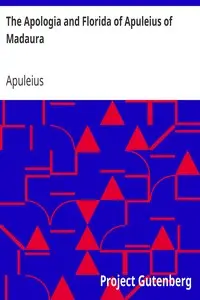
The Apologia and Florida of Apuleius of Madaura
By Apuleius
Accused of sorcery, a philosopher must use his intellect to outsmart his enemies and prove his innocence in a dramatic courtroom battle.
Summary
About the AuthorApuleius was a Numidian Latin-language prose writer, Platonist philosopher and rhetorician. He was born in the Roman province of Numidia, in the Berber city of Madauros, modern-day M'Daourouch, Algeria. He studied Platonism in Athens, travelled to Italy, Asia Minor, and Egypt, and was an initiate in several cults or mysteries. The most famous incident in his life was when he was accused of using magic to gain the attentions of a wealthy widow. He declaimed and then distributed his own defense before the proconsul and a court of magistrates convened in Sabratha, near Oea. This is known as the Apologia.
Apuleius was a Numidian Latin-language prose writer, Platonist philosopher and rhetorician. He was born in the Roman province of Numidia, in the Berber city of Madauros, modern-day M'Daourouch, Algeria. He studied Platonism in Athens, travelled to Italy, Asia Minor, and Egypt, and was an initiate in several cults or mysteries. The most famous incident in his life was when he was accused of using magic to gain the attentions of a wealthy widow. He declaimed and then distributed his own defense before the proconsul and a court of magistrates convened in Sabratha, near Oea. This is known as the Apologia.




